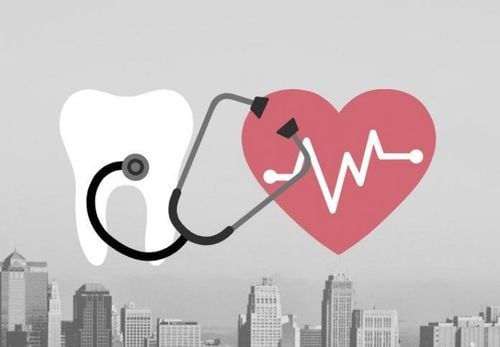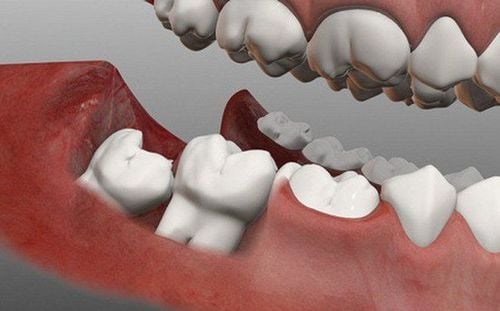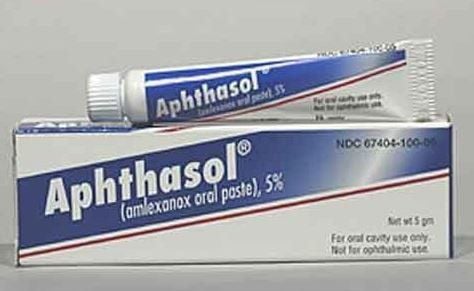This is an automatically translated article.
Not only does regular exercise and adherence to a balanced diet affect cardiovascular patients, but oral health is also strongly related.
1. The connection between dental disease and heart problems
Many studies have been conducted to look at the link between dental disease and heart health problems. As a result, it was found that gum disease can increase the risk of heart disease by up to 20%. Another separate study also found that gum disease can increase the risk of a heart attack by up to 50%.
Some explanations of the correlation between oral health problems and heart disease risk include:
Bacteria that cause gum disease can enter the bloodstream and wreak havoc on other body systems. Gum disease increases the burden of the body's inflammatory response, which in turn can contribute to problems in the cardiovascular system. Gum disease and heart disease share common risk factors, such as smoking and a poor diet.
2. Consequences of oral health on heart health
The oral cavity is inherently full of bacteria, although many of them are harmless. With good oral hygiene habits, people can prevent bad bacteria that cause disease. When brushing their teeth, most people don't think about the effect this has on the heart. However, according to one study, brushing at least twice a day for more than 2 minutes each time can reduce the risk of developing cardiovascular disease in the long run.
To explain this association, the researchers suggest that it may be that people who are more concerned with their oral health often consciously pay more attention to other aspects of their general health, health and well-being. cardiovascular health in particular. At the same time, if a simple daily activity like brushing your teeth and keeping your teeth clean can have such huge benefits for overall health, then there's no reason not to practice regularly.
In another study, findings showed that gum disease can worsen blood pressure and interfere with treatment with antihypertensive drugs. The subjects in this study were adults who were treated for high blood pressure over the age of 30. The results showed that people with moderate to severe periodontitis tended to be male, older and had a habit of smoking.
In addition, gum disease and heart disease share common risk factors. Harmful bacteria from inflamed gums can get into the bloodstream and reach the heart, causing infective endocarditis, which sometimes requires surgery. If infection is limited, local inflammation can still be a major concern in cardiovascular patients.

Có sự kết nối đáng kể giữa bệnh răng miệng và sức khỏe tim mạch
3. Measures to protect oral health and heart health
Because oral health and heart health are interrelated, each person needs to develop their own smile protection plan to have a healthy heart.
Here are some suggestions people can do to reduce their risk of gum disease and heart problems:
Visit your dentist regularly : Your dental team will help prevent gum disease through through thorough cleaning and inspection. Know the signs of gum disease: Gum disease can cause swollen gums, bad breath, and bleeding gums. If you ever experience any of these symptoms, you should schedule a dental appointment right away so that prompt periodontal treatment may be needed. Practice proper oral hygiene: Brush your teeth at least twice a day with a soft-bristled brush and floss regularly to prevent plaque build-up between teeth or gaps that a toothbrush cannot reach. Give up bad habits: Smoking is a bad habit for heart and oral health. own heart health. Good habits and daily maintenance to keep teeth clean will not only give people a beautiful smile, healthy heart, but can also help promote overall health.
Please dial HOTLINE for more information or register for an appointment HERE. Download MyVinmec app to make appointments faster and to manage your bookings easily.
References: centennialsmiles.ca, healthline.com, webmd.com












